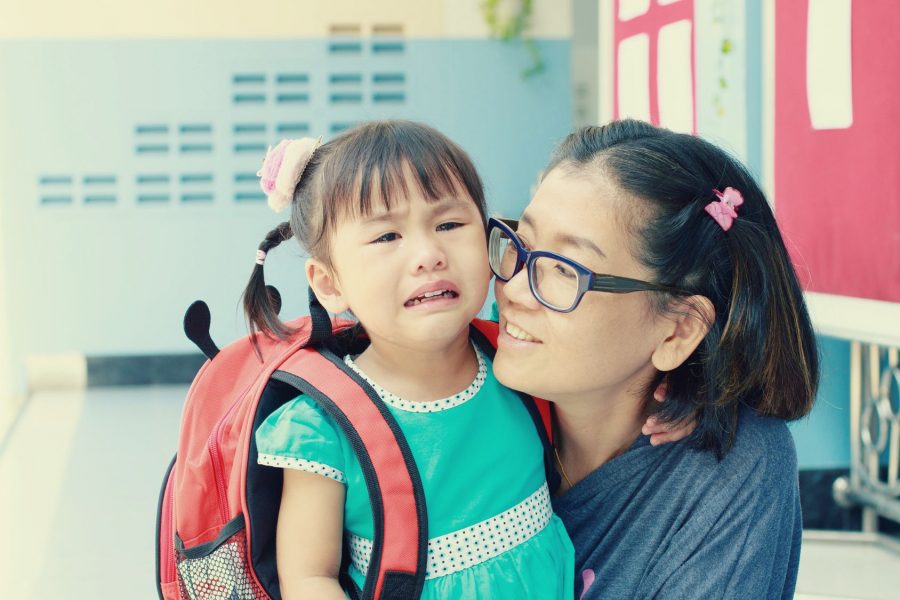Pushing children into the academics world for the first time can be quite tricky. Children may mildly protest about things that they don’t expect, while being prepared for school. Improper preparation could cause setbacks in academic performances and parents should have a structured preparation for children. As an example, parents may already introduce alphabets and numbers to 2-year old toddler. At this stage, toddlers shouldn’t be required to memorize numbers and alphabets. However, they can be given toys with the shape of alphabets and numbers. After playing for one year with these complete alphabets and symbols; it will be much easier for them to memorize. Another thing that parents should prepare for their children is social skill. It means that children will be able to interact well with their fellow students. They should also be instructed on the proper classroom behaviors. Such preparation is important, even before children go to preschool programs and kindergarten. It will be much easier for teachers to provide instructions to very young students.
With enough preparation, children will be thrilled to go to school, so they can learn many things. It is especially true, if they have been fully prepared in terms of cognitive, emotional, physical and social factors. These things are often overlooked by many concerned and caring parents. Unfortunately, this often means a huge difference between struggle and success at school. Even if only one of these components are neglected, it is quite likely that students will struggle and find difficulties at school. Many students are quite anxious when the big “first day” is approaching. In some children, fear and anxiety can be quite obvious. They may hold the hand of their parents tightly and struggle laboriously for every step of the way. Their anxiety could escalate of parents don’t seem to understand the situation and constantly talk impatiently. In this situation, parents should be understanding enough and provide things that can make students feel much easier during their first days at school.
Children with sufficient physical activities also tend to have easier times at school. Inactive childhood may result in issues with emotional and social developments. Since two years old, parents should encourage their children to do rapid walking, followed later by jumping, climbing and running. Frequent physical activities will form new connections in our brain. These connections could also be used as backup pathways when children learn to write and read, as well as memorizing new facts. Parents should have involvement by making a number of movements that can be followed by students easily, such as waling like a crab or hopping on one foot. Toddlers can be guided to climb stairs and use slides. They can also be taught to perform rope jumping sessions, starting from simple movements to more complex ones later. Good communication with parents and siblings will also form basic social pathways in their brain, which improve their interactions at school. There are many things that children can learn, including fine motor movement and eye hand coordination.

